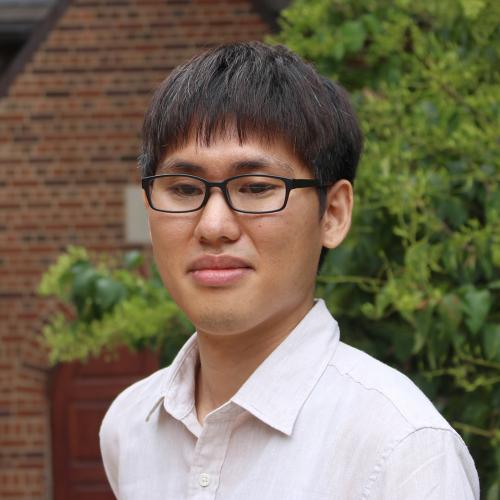The possibilities of high-performance computing are boundless. Every day new and exciting innovations and discoveries are announced that have utilized the power of cyberinfrastructure, and such advancements that benefit all of society should also include all of society in their process. That's why the Midwest Big Data Innovation Hub (MBDH) has been working to amplify and demystify resources available to communities of persons with disabilities.
MBDH recently wrote about a number of new awards within the National Science Foundation's (NSF) Convergence Accelerator program that were designed specifically to find solutions to some of the hurdles that persons with disabilities encounter in their daily lives. The awards fall under the program's track titled "Enhancing Opportunities for Persons with Disabilities."
The funds have already been yielding promising results, some of which are right here at the University of Illinois Urbana-Champaign. Professor JooYoung Seo is the director of the Accessible Computing Lab in the School of Information Sciences here on campus. He also works with Delta as a faculty affiliate for NCSA. His work with accessibility touches both of his roles.
In Seo's lab, he's been working on an accessible data visualization system, one that's specifically designed for blind and low-vision users. "This system leverages multimodalities like sound, speech and braille to allow users to explore and analyze data," Seo said. "This project is of paramount importance, particularly in today's digital era where data literacy is a crucial skill for everyone. By creating an accessible data visualization system, we are providing equitable access to visual information and contributing to data literacy for all individuals, regardless of their dis/abilities. This project illustrates our commitment to designing technology that is inclusive and supportive of everyone's data needs."
With Seo's work on Delta, he's tasked with making the newest supercomputer at NCSA as accessible as possible. "Our goal is to improve the interface to make it more inclusive for users with disabilities. The essence of this project lies in its potential to transform accessibility in the realm of high-performance computing. In a field where high efficiency and speed are paramount, we must also remember that true innovation should be accessible to all. Delta strives to break down barriers and create an environment that is equally beneficial and inclusive for all users, regardless of their abilities. This project underscores the principle that every user, regardless of their abilities, should be able to utilize technology with ease."
"MBDH is committed to sharing these kinds of opportunities with interested individuals throughout the Midwest, highlighting and amplifying both the awards and the incredible results that this kind of funding creates," said MBDH Executive Director John MacMullen.
"In the story, our science communication intern Aisha Tepede captures some of the challenges faced by persons with disabilities and what researchers and practitioners are doing to address them so that research computing becomes more inclusive. Our hope is that this helps illustrate the impact of these initiatives and their importance in the HPC field, and perhaps inspires others in the space to consider taking advantage of these kinds of programs."
MacMullen says that this approach of storytelling and wide dissemination across the 12-state region the MBDH serves can help build communities of researchers across institutions, in the same way that the Hub's Collaboration Cafe webinar brings together researchers at the proposal-development stage.
Read the full story here: New NSF Convergence Accelerator Midwest disability-related awards
